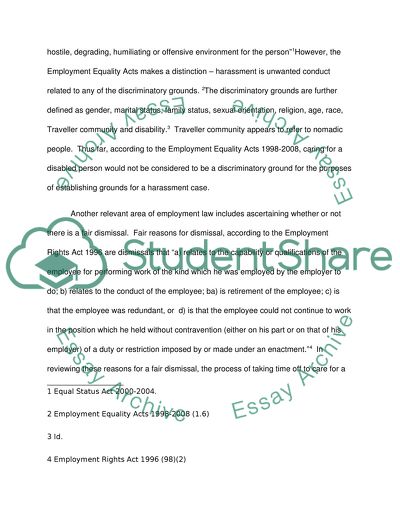Cite this document
(“'Britain's 6 million carers are on the verge of winning unprecedented Coursework”, n.d.)
Retrieved from https://studentshare.org/finance-accounting/1409199-ychbritainyies
Retrieved from https://studentshare.org/finance-accounting/1409199-ychbritainyies
('Britain'S 6 Million Carers Are on the Verge of Winning Unprecedented Coursework)
https://studentshare.org/finance-accounting/1409199-ychbritainyies.
https://studentshare.org/finance-accounting/1409199-ychbritainyies.
“'Britain'S 6 Million Carers Are on the Verge of Winning Unprecedented Coursework”, n.d. https://studentshare.org/finance-accounting/1409199-ychbritainyies.


